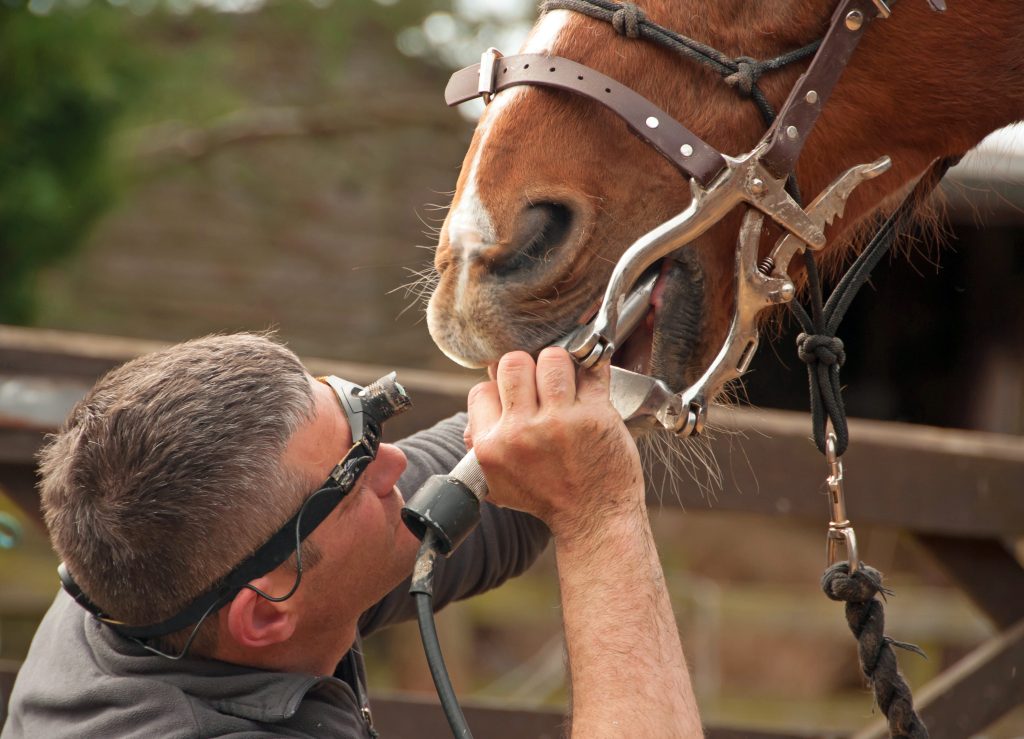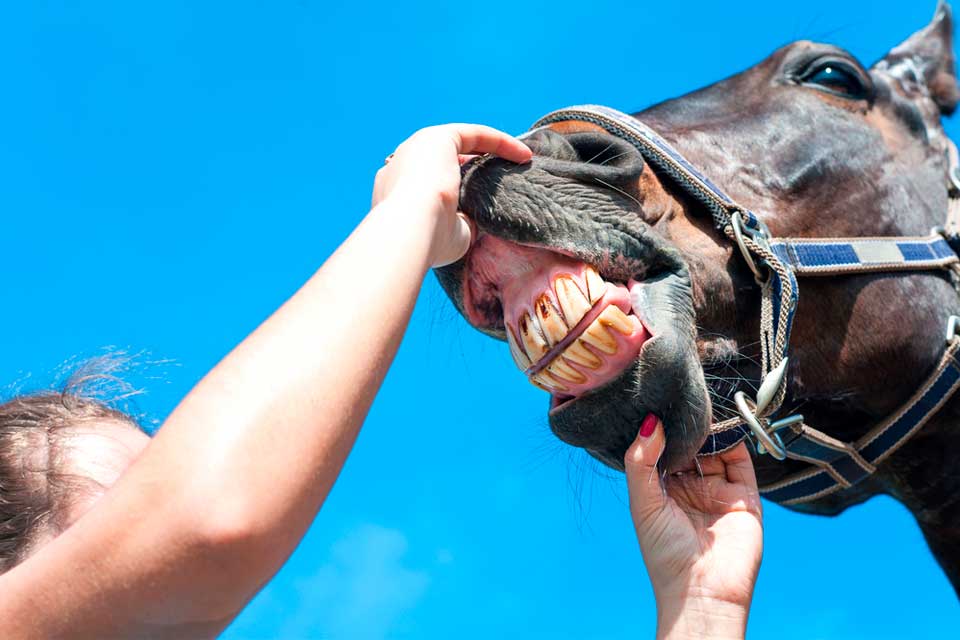Undergoing dental surgery is a significant step towards improving one’s oral health. Ensuring proper dental care post-surgery is crucial for optimal recovery and maintaining the integrity of the treatment. Whether it’s a minor procedure or a major operation, understanding the nuances of post-surgical care can prevent complications and ensure a smooth healing process.

The Importance of Post-Surgery Dental Care
The first few days following a dental surgery are critical. Proper care during this period can significantly influence the healing process and the overall success of the surgery. It is essential to follow the instructions provided by your dental care professional diligently. Neglecting post-surgery care can lead to infections, prolonged pain, and even failure of the surgical procedure.
Immediate Steps After Surgery
Immediately after the surgery, patients are advised to rest and avoid any strenuous activities. It is important to keep the head elevated to reduce swelling and bleeding. Applying ice packs to the affected area can also help manage swelling effectively.
Managing Pain and Discomfort
Pain and discomfort are common experiences after dental surgery. Over-the-counter pain relievers are often recommended by dentists to help manage this pain. However, it is crucial to follow the prescribed dosage and consult your dentist if the pain persists beyond a few days.
Dietary Considerations Post-Surgery
Diet plays a vital role in the recovery process. Following a soft diet is typically recommended to avoid irritating the surgical site. Foods such as yogurt, mashed potatoes, and smoothies are excellent options. It is also important to stay hydrated, but avoid using straws as they can dislodge blood clots and hinder healing.
Foods to Avoid
Avoid foods that are hard, crunchy, or spicy as they can cause discomfort and potentially damage the surgical site. Hot beverages should also be avoided as they can increase swelling.
Maintaining Oral Hygiene Post-Surgery
Keeping the mouth clean is essential to prevent infections. However, aggressive brushing or rinsing can harm the healing tissues. It is advised to gently rinse the mouth with a saltwater solution to keep the area clean.
Brushing and Flossing
Brushing should be done carefully around the surgical area. Using a soft-bristled toothbrush can help minimize irritation. Flossing should be done cautiously to avoid disturbing the surgical site.
Monitoring for Complications
Being vigilant about changes in your condition post-surgery is crucial. Swelling, excessive bleeding, or severe pain can indicate complications. If these symptoms are observed, it is imperative to contact your dental care professional immediately.
Signs of Infection
Common signs of infection include fever, pus discharge, and persistent swelling. Recognizing these signs early can prevent more serious health issues.
Follow-up Appointments
Regular follow-up appointments with your dentist are essential to monitor the healing process and address any concerns. During these visits, your dentist can provide further guidance on caring for your mouth and ensure that the surgery was successful.
Long-Term Dental Care
Once healed, maintaining regular dental check-ups is important. Regular cleanings and examinations can help prevent future dental issues and ensure the longevity of your oral health.
Conclusion
Proper dental care post-surgery is vital for a successful recovery and maintaining oral health. By following the recommended guidelines and being proactive in your care, you can ensure a smooth healing process and enjoy the full benefits of the surgery. Remember, your dental health is a lifelong commitment that requires attention and care.

FAQs
How long does it take to recover from dental surgery?
Recovery time can vary depending on the type of surgery. Generally, it takes about one to two weeks for the initial healing phase.
What foods are safe to eat after dental surgery?
Soft foods such as yogurt, mashed potatoes, and smoothies are safe to consume post-surgery.
When should I contact my dentist after surgery?
Contact your dentist if you experience severe pain, excessive bleeding, or signs of infection like fever or pus discharge.
For more information on equine dental care, visit Wolf Teeth in Horses or learn about equine dental terminology.
This article contains affiliate links. We may earn a commission at no extra cost to you.
